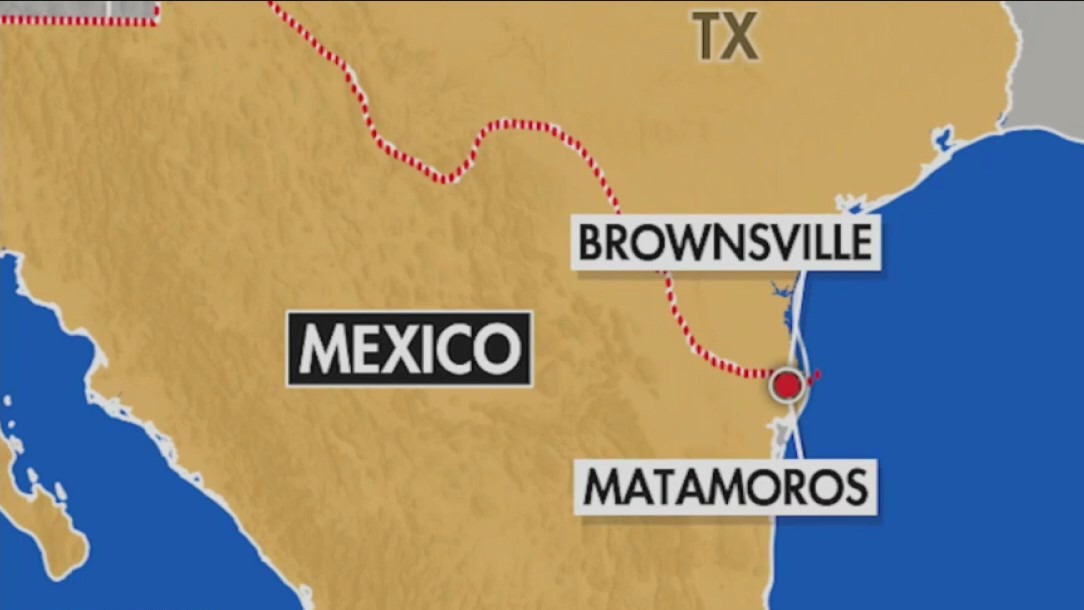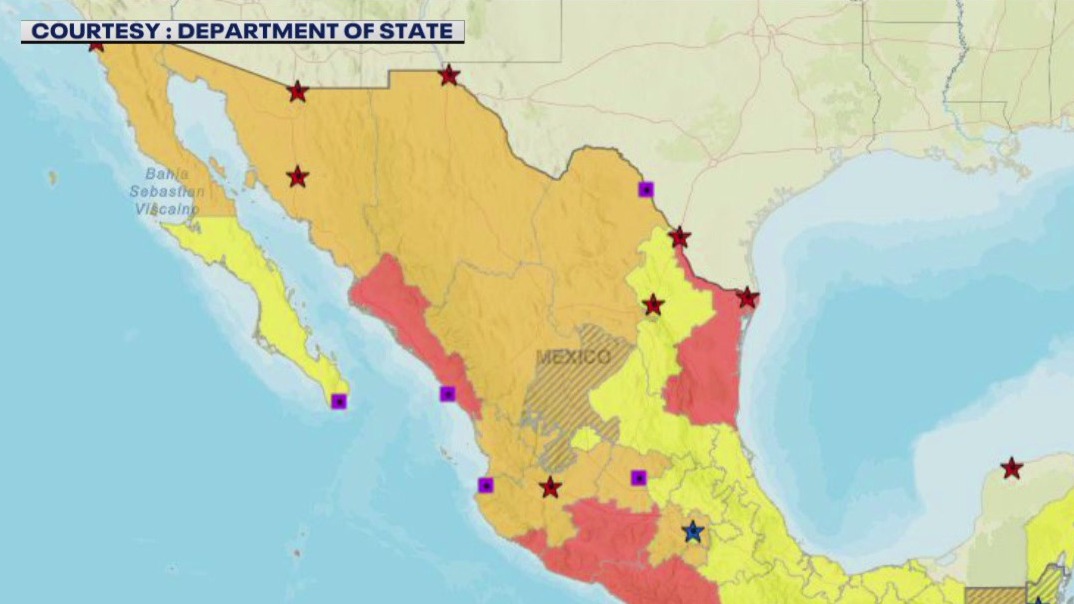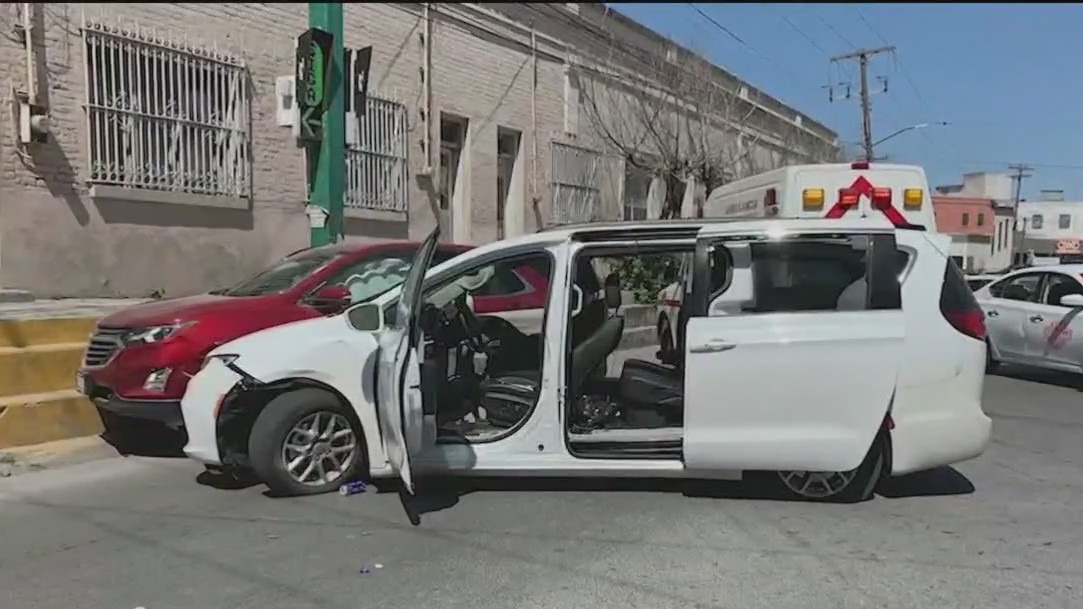US issues travel guidance for parts of Mexico ahead of spring break

US issues travel guidance for parts of Mexico ahead of spring break
After four Americans were kidnaped, and two died in Tamaulipas, the State Department is advising spring breakers to avoid some areas of Mexico as crime has increased.
AUSTIN, Texas - College students are ready to check out and start spring break.
"I'm just staying here, I'm working, going to some SXSW events, sleeping, tanning, nothing too crazy," says UT student Addison Simon.
"I'm going to be staying here in Austin volunteering for SXSW," says UT student Chris.
While some are staying in town, others decided to pack their bags and go back home, to Brownsville.
RELATED: US issues 'do not travel' warning for Mexico
Being a border city, Brownsville police says its common for a lot of people to travel from Brownsville to Mexico.
"I always lived near the border, so personally I think it's not that dangerous," says UT student Jorge Gonzales.

US issues travel warnings for parts of Mexico
The map is color-graded to inform travelers about areas they should be taking precaution in while visiting the country.
Seeing how the situation is in Mexico now, Jorge Gonzales says he stays alert of his surroundings when he travels back home.
"Travel smartly, travel safely, never be alone in some place you're not familiar with or around people you're not familiar with," says Gonzales.
After four Americans were kidnaped, and two died in Tamaulipas, the State Department is advising spring breakers to avoid some areas of Mexico as crime has increased.
"I'm going to Victoria in Tamaulipas, it's a couple of hours away from Matamoros," says UT student Nallely.
There are 32 states in Mexico and six of them are on the "Do Not Travel" list, including Tamaulipas.

2 missing Americans kidnapped in Mexico found dead and 2 alive, official says
Two of four Americans abducted in Mexico last week when their van was caught in a shootout were found dead, a top Mexican official said Tuesday. The two others have been found alive, with one wounded.
"We do also remind Americans about the existing travel guidance when it comes to this particular part of Mexico. The travel advisory for Tamaulipas state remains at level four, 'Do not travel.' We encourage Americans to heed that. Heed that advice," says State Department spokesperson Ned Price.
UT student Nallely says her family is aware of the risks of traveling to Tamaulipas.
"My parents have a truck with Mexican license plates and that doesn't call a lot of attention as American license plates," says Nallely.
The State Department is advising spring breakers who are planning on traveling to Mexico to not drive across the border, but instead fly and travel to the tourist areas.
"That's where you're going to be the safest. Carry that cell phone. Let people know where you are. Don't wear jewelry. Don't flash cash. Don't dress so much like an American wearing uniforms from baseball teams or football teams," says retired FBI special agent, Richard Kolko.

